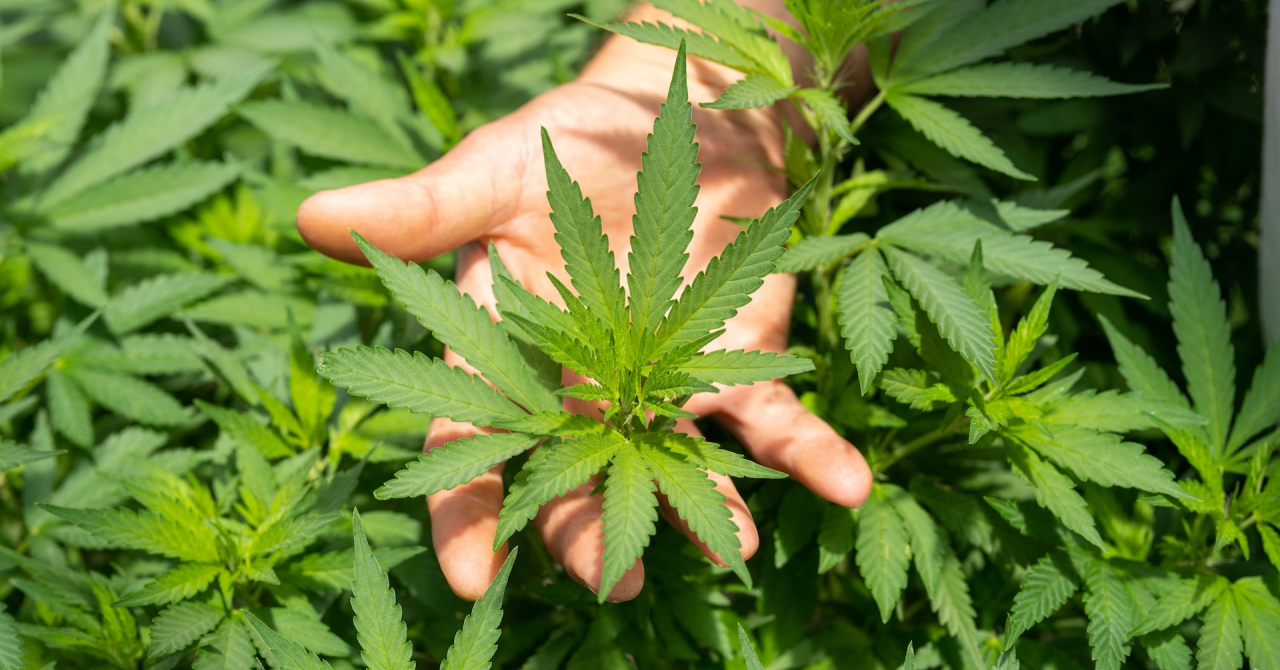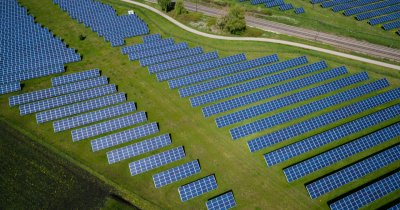According to The Guardian, hemp might be an unexpected tool in the fight against climate change, as one hectare of such a plantation has the capacity to absorb anywhere from 8 to 15 tons of CO2 in a year.
This is also due to the fact that hemp grows very fast and it can reach 4 meters in 100 days.
Another advantage of hemp is the fact that the plant's fiber permanently traps CO2 emissions inside and it can be used as a replacement for various materials and there are companies such as BMW that use it to replace plastic parts in its cars.
Cambridge University researcher Darshil Shah suggests that hemp has the ability to remove carbon from the atmosphere twice as efficient as forests.
"In comparison, forests typically capture 2 to 6 tonnes of CO2 per hectare per year depending on the number of years of growth, the climatic region, the type of trees etc."
Industrial hemp is a variation of Cannabis and it has a much lower concentration of psychoactive substances compared to marijuana, which is another variety of hemp.
Hemp has been used for thousands of years for the production of textile, materials, rope and even paper and nowadays, industry members are using it in construction and as a form of biofuel.
 Mihai - Cristian Ioniță
Mihai - Cristian Ioniță












Any thoughts?